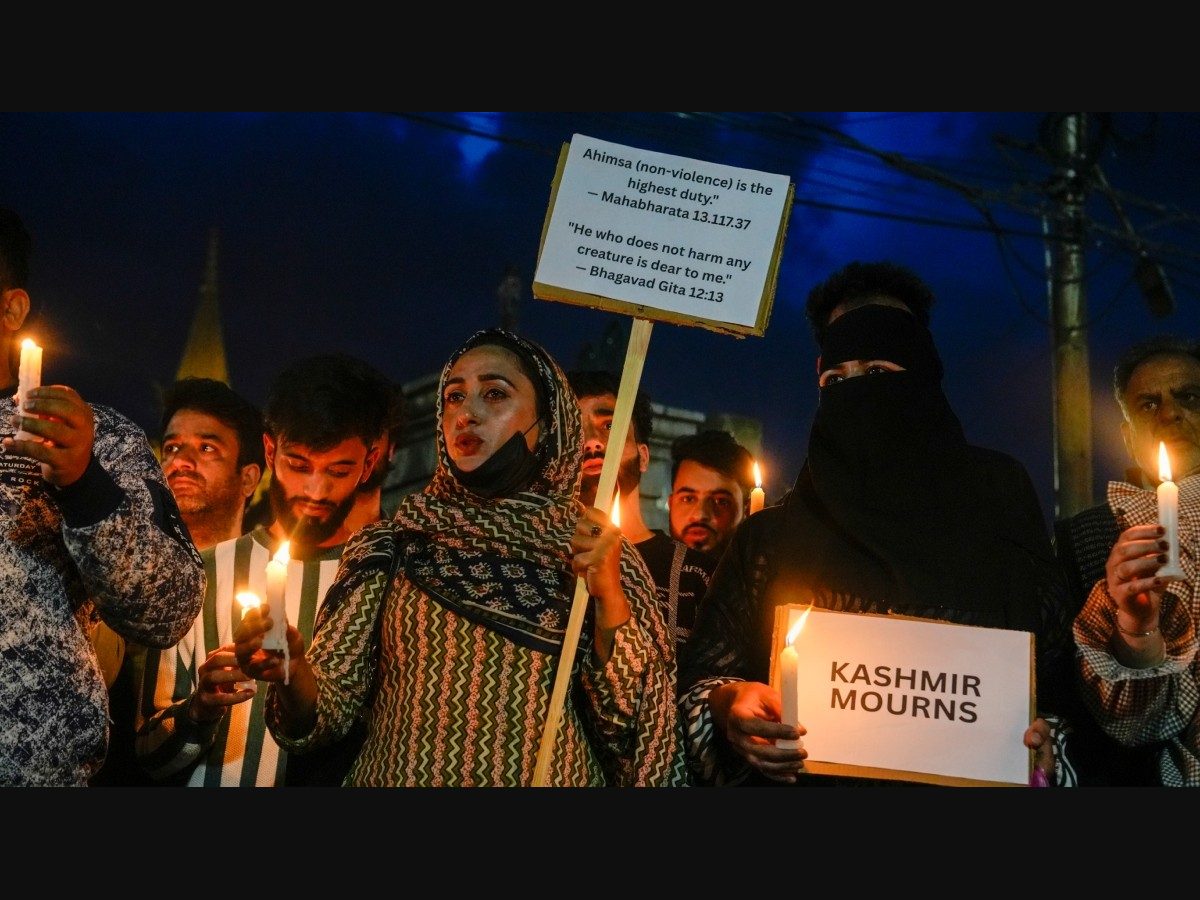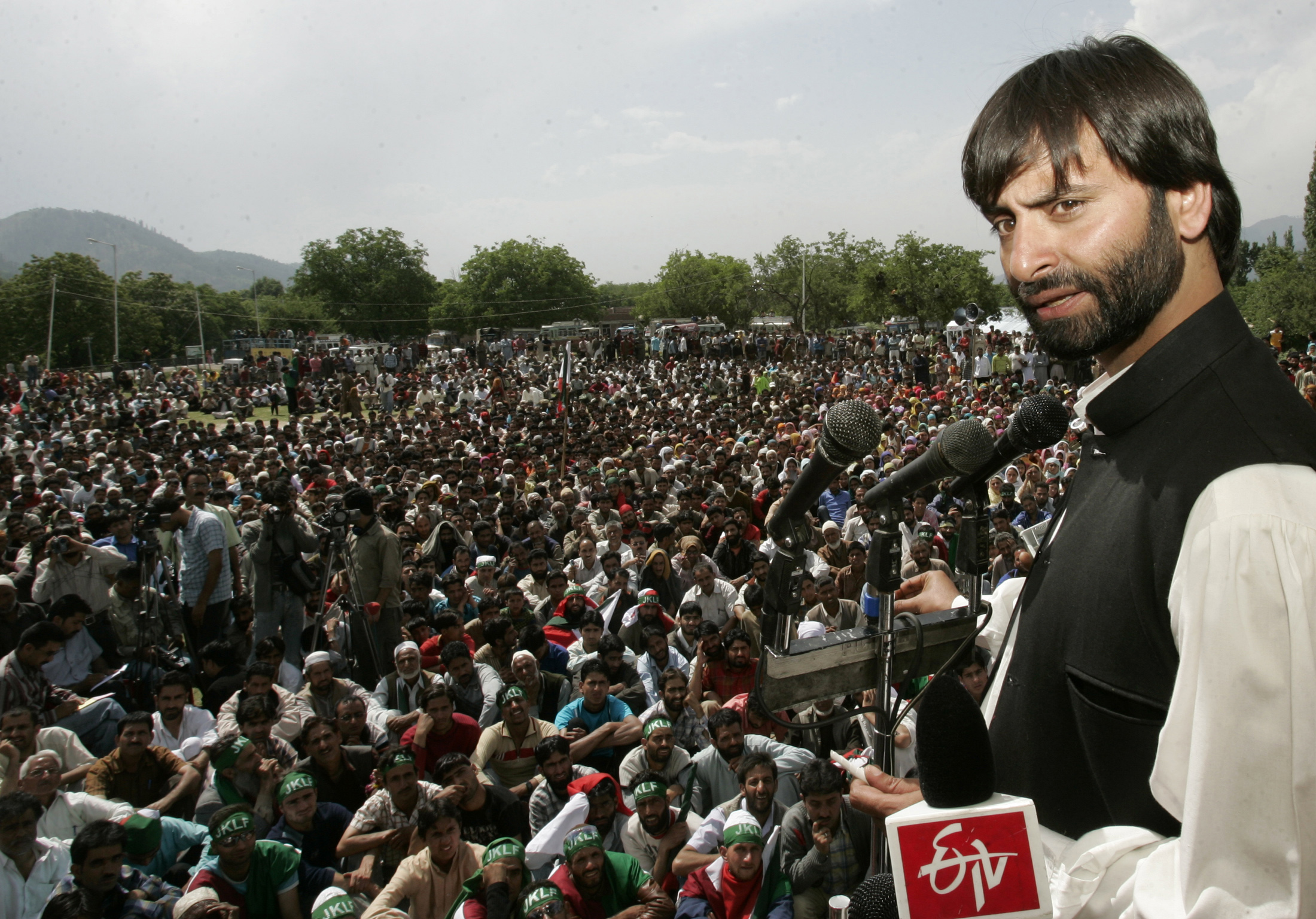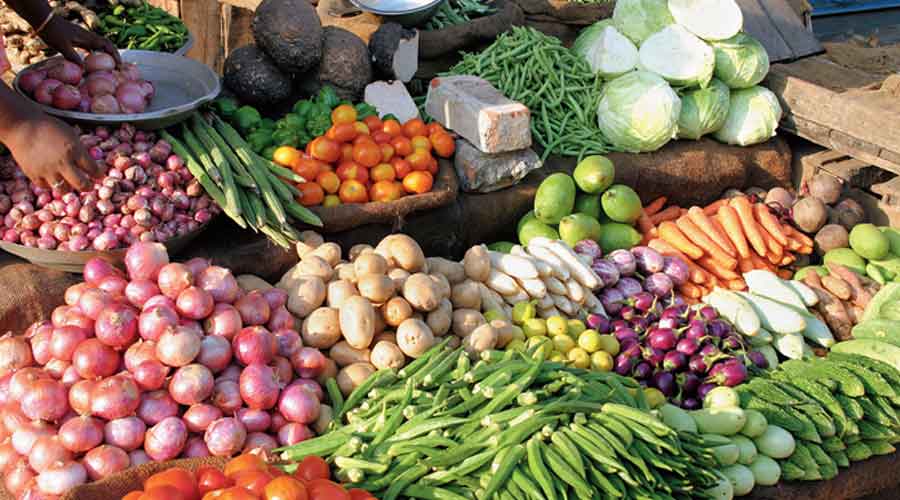Understanding the Growing Concerns of Kashmiris Living Outside the Region
Srinagar 30 April 2025: In recent weeks, concerns about the safety and well-being of Kashmiri traders, students, and citizens living in different parts of India have intensified. Reports of harassment, verbal and physical attacks, and forced departures highlight the urgent need for communities to stand together and prevent hostility against individuals based on regional identity.
We examin the challenges faced by Kashmiris, the role of media narratives, security measures, and solutions to foster harmony and inclusivity.
Why Is This Issue Important?
- Kashmiris contribute economically and culturally across India.
- Social tensions must be addressed through dialogue and awareness.
- Ensuring safety is fundamental for a just and peaceful society.
The Challenges Faced by Kashmiris Outside J&K
Rising Hostility & Threats
Reports indicate that Kashmiri vendors and students have faced increased scrutiny, particularly after security incidents in J&K. Some have been asked to leave their businesses, while students fear discrimination in hostels and universities.
Case in Point: Shawl vendors in Mussoorie were allegedly forced out following violent attacks, raising concerns over whether security guarantees can be provided in such cases.
Media Narratives & Their Influence on Public Sentiment
Sensationalized news coverage often fuels misinformation, leading to generalizations and misplaced anger toward ordinary citizens. When events in J&K are portrayed without balance, they create unnecessary fear, distrust, and division among communities.
Why Does This Matter?
- Misinformation can escalate tensions unnecessarily.
- Biased narratives affect public perception, sometimes leading to hostility.
- Balanced reporting promotes peace, understanding, and coexistence.
Social Stigma & The Struggles of Kashmiri Students
University students from Kashmir have reported an increase in distress calls, fearing their safety after recent incidents. Many struggle with:
- Fear of discrimination in hostels & academic spaces.
- Hesitation in seeking legal protection due to fear of backlash.
- Limited support systems to address growing concerns.
Politicians and student organizations have called for intervention, urging authorities to ensure equal safety measures for students across the country.
What Can Be Done to Improve Safety & Trust?
Community Support & Inclusivity
Local communities play a crucial role in ensuring the safety of Kashmiris in different states. By extending kindness, understanding, and support, we can prevent alienation and promote unity.
Cultural exchanges, awareness drives, and conversations that highlight positive contributions of Kashmiris can build trust and harmony.
Responsible Media Reporting
The media must ensure balanced coverage that avoids inflammatory rhetoric. Fact-based reporting fosters informed discussions rather than reinforcing stereotypes.
Social media users can help by:
- Avoiding misinformation & verifying sources before sharing.
- Amplifying positive initiatives that promote unity.
- Encouraging peaceful discourse instead of divisive language.
Stronger Law Enforcement & Protection Measures
Authorities must ensure swift action against harassment and discrimination, safeguarding students and traders from unwarranted threats.
- Police verification for Kashmiri traders should be clear & fair rather than reinforcing unjust scrutiny.
- Student protection guidelines must be enhanced in universities across India.
Encouraging Dialogue Between Communities
Misinformation thrives where there’s lack of engagement. Open conversations between Kashmiris and locals in different states help break stereotypes and foster trust.
Government & civil society initiatives that build bridges between regions can strengthen inclusivity and reduce hostility.
Bottom-Line: Prioritizing Safety & Coexistence
Ensuring the safety of Kashmiris across India is not just about protection—it’s about upholding unity, dignity, and human rights.
A strong, interconnected nation thrives when inclusivity is embraced, misinformation is tackled, and safety is ensured for all citizens—irrespective of geography, ethnicity, or background.



